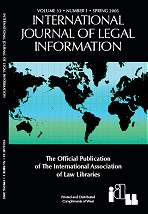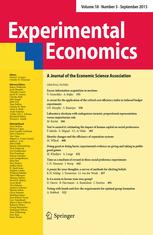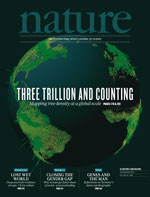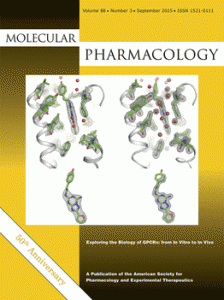Ever wonder why, on a round-trip, the leg home often feels shorter? A group of researchers found that’s only true in hindsight, as people look back on which leg felt shorter — the trouble is, when the paper first appeared, the title mistakenly stated the opposite was true.
One June 10, PLOS ONE published a paper entitled “The Return Trip Is Felt Longer Only Postdictively: A Psychophysiological Study of the Return Trip Effect”; 17 days later, it was republished under the correct title, “The Return Trip Is Felt Shorter Only Postdictively: A Psychophysiological Study of the Return Trip Effect.”
On July 15, the journal posted a correction notice explaining its mistake:
Continue reading When the title states the wrong result, a paper gets corrected
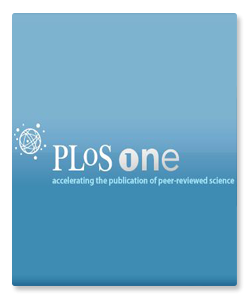

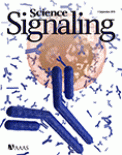 A paper containing data fudged by former University of California San Francisco grad student Peter Littlefield has been corrected. We knew that this was coming — last month,
A paper containing data fudged by former University of California San Francisco grad student Peter Littlefield has been corrected. We knew that this was coming — last month, 